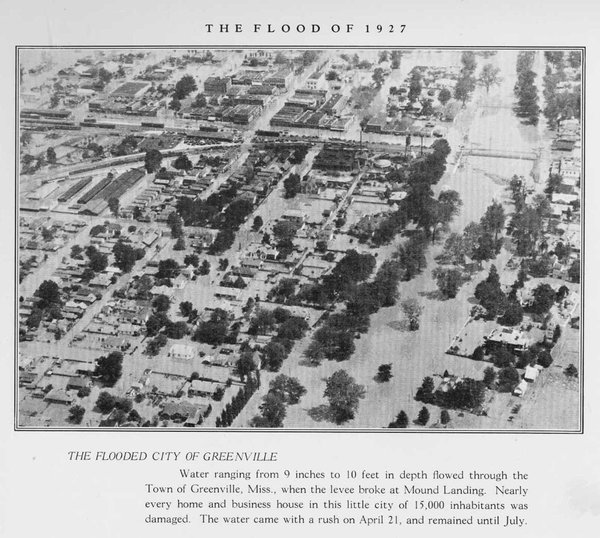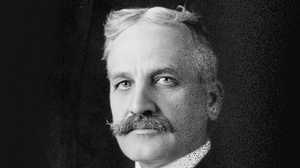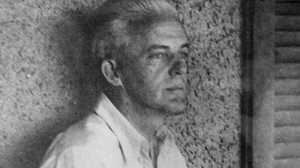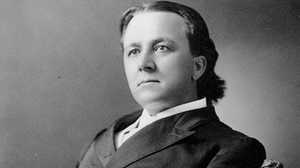Greenville, Mississippi Rejects the Ku Klux Klan
Mississippi was a hostile place for African Americans in the first part of the 20th century.

Mississippi was a hostile place for African Americans in the first part of the 20th century. The rule of law was applied differently for blacks and whites. Jim Crow, the legalized segregation and suppression of black people, was at its height, and lynchings were a persistent threat. Some towns, in hopes of becoming "nigger-free," attempted to run the entire African American population out of town.
The Delta, however, was a relative oasis for African Americans compared to the rest of the state. Largely due to the leadership of LeRoy Percy, race relations in the area were more harmonious, especially in Washington County. While Percy believed that the "negro" was inferior to the white man, he nonetheless advocated fair treatment. Percy supported education for African Americans, and made it possible for them to get mortgages for farms. Percy also saw to it that Greenville had policemen, mailmen and even a justice of the peace who were African American. Progressive for his time and place, he claimed to be motivated by a Southern code of honor and a sense of noblesse oblige, a belief that benevolence that was his responsibility as a member of the elite. But it was also in the best interest of his plantation to attract and keep black tenants in the county to farm his cotton. As long as Percy was in charge, he maintained a delicate balance between the elite white planters and the African American community.
Crucial to that equation was keeping poor whites out of the county. The prosperity of the Delta attracted poor whites from the hill country, and they brought with them different attitudes towards blacks.
The hill country was fertile ground for the Ku Klux Klan, and many new arrivals sought to establish a foothold for the Klan in the Delta. Percy hated the Klan. It was the one thing he worried about even more than floods. The Klan's rabid anti-Semitism and attacks on Catholics struck a raw nerve in Percy, who had a Catholic wife and Jewish business partner. His hatred for the Klan was also amplified by the fact that the Klan's ranks were made up of very people who cost him his senate seat in 1911.
On March 1, 1922, Percy and the Klan would go head to head. Without Percy's knowledge, the Klan arranged for "Colonel" Joseph Camp to hold a recruitment session at the Greenville courthouse. As soon as Percy got wind of the rally, he set to work masterminding a plan to foil the Klan.
On the eve of the meeting, Camp was allowed to speak first. He denounced drinking, lechery, the Catholics, Jews, and "niggers," while pounding his fists and making wild gestures. Promising in the name of God and the Klan to rid Mississippi of these evils, he received cheers and applause from the audience. Unbeknownst to Camp, Percy had packed the hall with his own supporters. Amid chants of "Percy! Percy! Percy," LeRoy Percy stood and addressed the crowd. With charm and wit, he reminded them of the favorable loans, at below market rate, that his Jewish partner had extended to many present. Percy poked fun of the "Colonel's" fake military rank and mocked his theory of Catholic conspiracy. After warming up the audience, Percy arrived at his main argument: if the Klan were to infiltrate Washington County, the African American exodus would surely lead straight to the economic ruin of Greenville's economy. He finished his speech by asking, "Friends, let this Klan go somewhere else where it will not do the harm that it will in this community. Let them sow dissension in some community less united than is ours." As previously arranged, when Percy finished, his ally Dr. J. D. Smith rose from the crowd and proposed a resolution secretly drafted by Percy to condemn the Klan. Warmly received by the crowd, the resolution passed with ease. While Camp scooted out of town, his mission a total failure, Percy's speech made headlines around the country. Hailed as a hero by whites and blacks alike, Percy had stood up to the Klan and emerged victorious.







